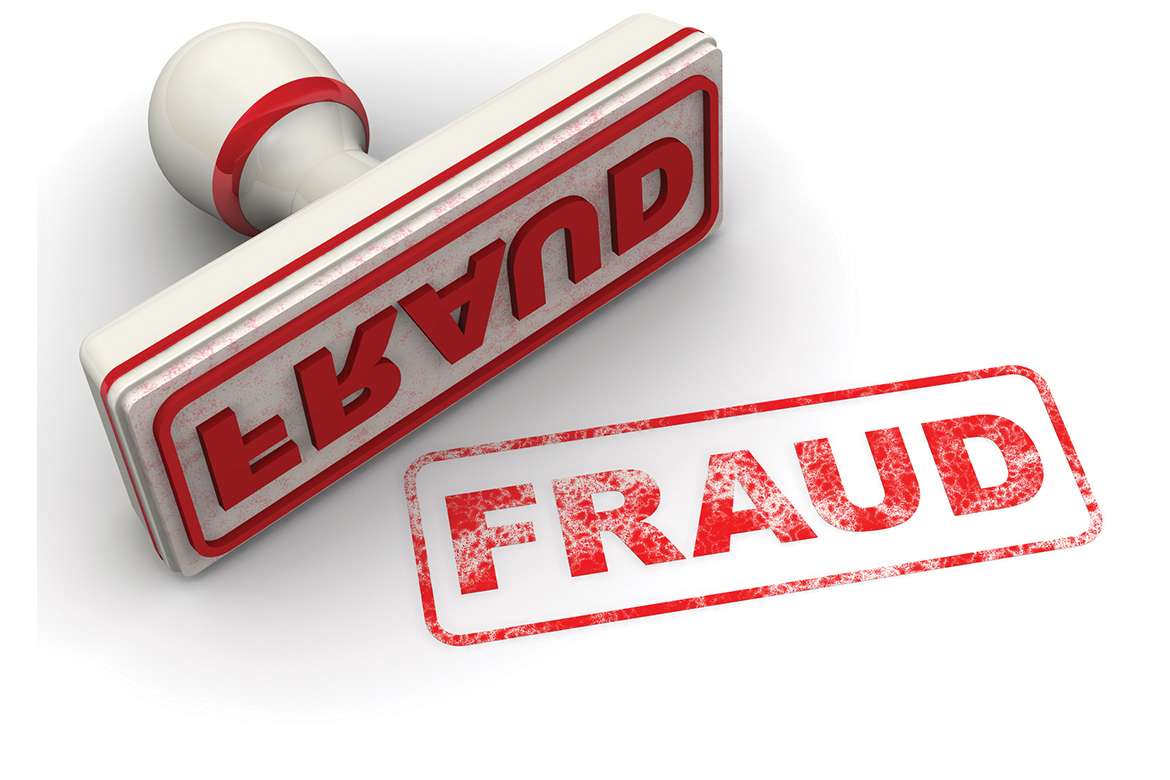The cyber threat to UK businesses
Between April and September 2018, victims across England and Wales reported losing more than £34m to cyber crime.
Extortion and business-related account hackings were among the most common forms of cyber crime affecting businesses. Here we provide some simple steps that businesses, whether big or small, can take to protect themselves from the most common cyber crime threats reported to Action Fraud.
Compromised social media and email accounts
Email and social media are increasingly the main channels of communication between a business and its customers, and any compromise of those channels could lead to significant financial and reputational damage. During a six month period in 2018, businesses reported losing £6.7m as a result of compromised email and social media accounts. We advise business users to lockdown these accounts by using strong, unique passwords and enabling two-factor authentication (2FA) where it’s available.
Hacking and extortion
Whether it’s customer information or intellectual property, criminals use the threat of seizing, damaging or releasing data in order to extort money from businesses. Sometimes the threat is just that, a threat,
but in the majority of cases reported to us criminals will follow through and infect a business’s computers with malware, such as ransomware. Businesses reported losses of over £7m as a result of server hacking and malware infections.
Action Fraud advises business users to follow a few simple steps in order to protect themselves from the financial and reputational damage caused by cyber attacks. Start by ensuring that all of your computers, laptops and mobile devices are running up-to-date software and apps. All laptops and computers that connect to a business’s network should have anti-virus software installed and be updated regularly. Frequent backups of important data is another key aspect of defending a business against extortion attacks.
For more information on how to protect your business, visit www.ncsc.gov.uk/smallbusiness

